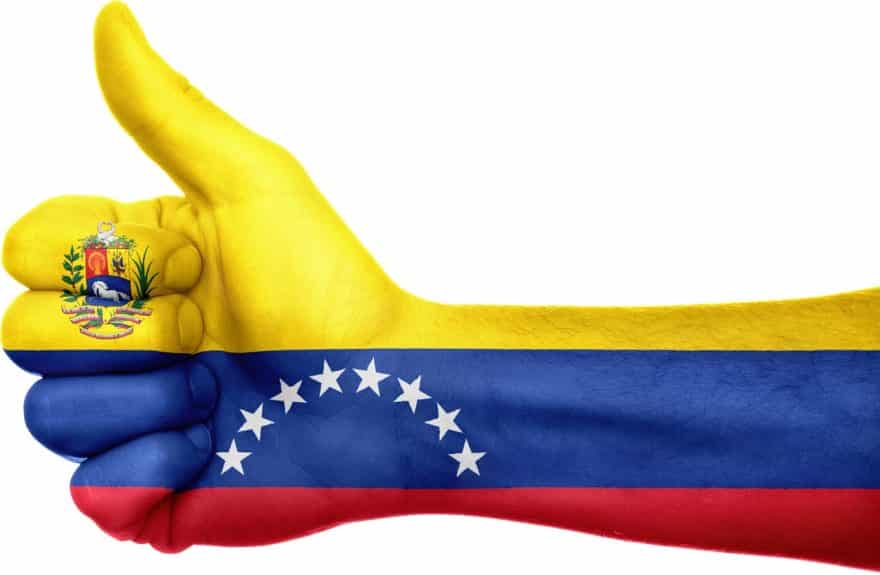More news about the infamous Petro of Venezuela – the government will begin selling it on the Dicom foreign exchange platform in a few weeks, according to investing.com.
Dicom is the venue at which the Venezuelan government auctions foreign currency. Created in May 2017 with a rate of 2,200 bolivars to one US dollar, by June it had increased the rate to 2,640 bolivars. In September 2017 Diciom was temporarily shut down because it couldn’t supply enough foreign currency to meet demand. In January 2018, Reuters reported that it was being relaunched with a rate of 3,345 bolivars to the dollar.
In February it held its first auction with a rate of 30,987.5 bolivars to the euro (approximately 25,000 to the dollar). On the black market, a dollar costs 228,000 bolivars.
In order to participate in the system, users must electronically register themselves and hold an account denominated in foreign currency at a bank which is authorised to operate in Venezuela. According to the Dicom website, it has 580,490 such users.
The Petro, the country’s new national cryptocurrency, will be auctioned to private companies, according to an announcement from Vice President Tareck El Aissami. “The Petro is going to be our powerful international currency, above the dollar,” he said in a meeting that was broadcast on television. He told listeners that the Petro can be bought with any major fiat currency, and that banks will be able to buy it for a discount until the 20th of March.
Cryptocurrency is popular in Venezuela as people struggle to get their hands on basic goods with the worthless national currency. In addition to that, electricity costs are nominal due to government subsidies and so Bitcoin mining is a valid way of making money. The government made efforts to on these activities initially, but in the end President Maduro decided that a ostensibly based on the country’s oil reserves, could be a good way of getting around US sanctions, which are not exactly helping the economic situation.
Reportedly, the pre-sale of the Petro raised , but as to the prospects of this being a successful venture – especially since the US Treasury Department has taken note and .
According to Reuters, Dicom is simply the latest of many attempted exchange mechanisms. Previous iterations included SITME, SIMADI, SICAD, SICAD II, and DIPRO. DIPRO, which maintained a rate of 10 bolivars to the dollar, was removed last week.





Be First to Comment